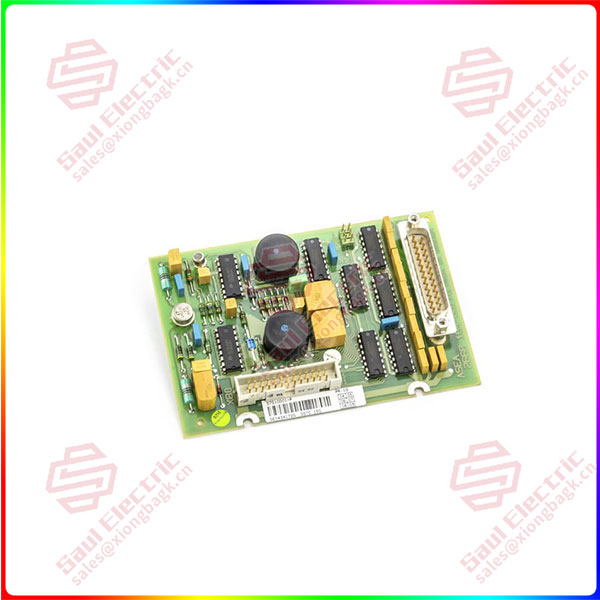On August 21, the Research Report on the development of China’s Industrial Software Industry in 2023 was released. The “Report” shows that China’s industrial software industry has great opportunities for development, and new technologies and new forms of business give birth to new vitality. But at the same time, the development of China’s industrial software industry is also faced with weak technical foundation, lack of product systematic development, low integration of supply and demand, and unsound industrial development ecology.
With the in-depth development of a new round of scientific and technological revolution and industrial change, industrial software, as a programmed package of industrial technology and knowledge, has been widely used in almost all industrial fields.
In 2022, China’s industrial software products achieved revenue of 240.7 billion yuan, an increase of 14.3%, higher than the global growth rate. In the first half of this year, the revenue of industrial software products was 124.7 billion yuan, an increase of 12.8% year-on-year, showing a momentum of good development. In 2022, 11 industrial software companies, including Beijing Huada Jiutian Technology Co., LTD., Hangzhou Guangli Microelectronics Co., LTD., were successfully listed, and nearly 170 institutions and investors laid out the industrial software track.
“On the whole, China’s industrial software foundation is still weak, the bottleneck of key core technologies has not been fundamentally solved, the characteristics of small enterprises and weak industries are still obvious, and the resilience and security level of the industrial chain and supply chain need to be improved.” Wang Weiwei, deputy director of the Information Technology Development Department of the Ministry of Industry and Information Technology, said.

DSTC150
57510001-P
Wang Yunhui, deputy director of the Fifth Research Institute of Electronics of the Ministry of Industry and Information Technology, introduced that although China’s industrial software has made certain achievements, there are still certain shortcomings from the perspective of subdivision. Among them, the core technology gap of R & D and design software is large, and it is in the promotion stage of technology introduction and the growth stage of market cultivation, and the domestic software market accounts for less than 10%. For manufacturing software, foreign products have absolute advantages in the field of sophisticated control, while domestic products are mainly concentrated in the middle and low-end market. The market share of domestic software in management and operation and maintenance services is relatively high.
At present, the development opportunities and challenges of China’s industrial software industry coexist. In recent years, the state attaches great importance to the development of industrial software, and has issued policy documents such as the “14th Five-Year Plan” for the Development of Software and information technology Service Industries, which has continuously promoted the development of industrial software. Supporting policies for the digital transformation of local manufacturing industries such as Jiangsu’s “smart transformation”, Shanghai’s “Work for Shanghai”, and Guangdong’s “manufacturing ownership” have been introduced successively, providing policy support for the development of industrial software.
At the same time, as an industrial country, our country has rich industrial software application scenarios. 45 national advanced manufacturing clusters, 58.6% of key industrial enterprises key tool digitization rate, and 77% of digital R & D tools, design tools penetration rate, all provide fertile ground for the development of industrial software. The rapid development of new generation information technology such as artificial intelligence and big data has injected new impetus into the development of industrial software.
The report pointed out that the development of industrial software in China should start from three aspects: building the foundation, promoting the application and strengthening the chain, taking the demand as the traction, systematic and coordinated development, focusing on the industrial ecological chain, clarifying the promotion path of industrial software, accelerating the application ecological cultivation, and opening up the application scenario of domestic software.
Wang Yunhui believes that application is a key core of China’s industrial software development in the future. On the one hand, we should focus on the industrial ecological chain and clarify the promotion path of industrial software. On the other hand, we should speed up the cultivation of application ecology and open up real application scenarios.” We often say that good software is to be used, especially industrial software, which must be integrated with our industrial application scenarios.” Wang Yunhui said.
 1 Year Warranty
1 Year Warranty





